Articles
Featured Articles
Read our latest stories on the people and scientific innovations making a difference in patients’ lives.
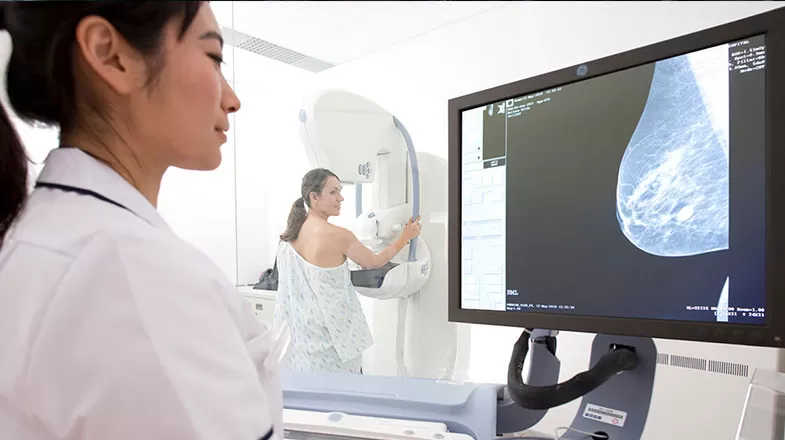
Mammogram Myths and Facts
In the fight against breast cancer, screening mammograms can help healthcare providers check for breast cancer in women who don’t have any signs or symptoms of the disease. For example, among women 40 to 74 years of age, mammograms—X-ray pictures of the breast—have been shown to help reduce the number of breast cancer deaths. At age 50, regular screening mammograms are recommended for all women. However, mammograms are recommended as early as age 40 for women who have a family history of breast...

Real People
Esther’s Breast Cancer Journey: From How I Told My Kids to How I Give Back
Life is really good right now. I just had a birthday, and I’m happy to have had it, too! Getting here was challenging, but I was raised to persevere. Here’s my breast cancer story. My hope is that it will help other women who are going through a similar experience and inspire them to lend a helping hand to others.My breast cancer journeyTwelve years ago, I found a lump in my breast. My doctor checked it out and didn’t think it was anything to worry about. The plan was to keep an eye on it. Three...
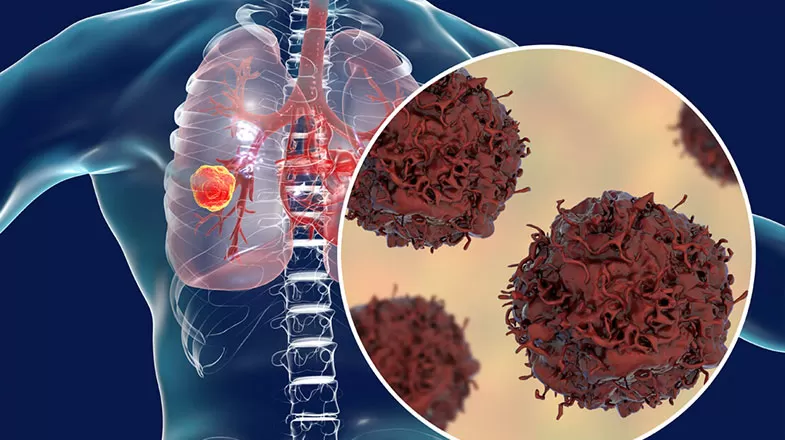
Lung Cancer: The Facts
If someone were to ask you what the leading cause of cancer-related death is in the US, you might guess colon cancer, breast cancer, or prostate cancer. The correct answer is actually lung cancer. It’s also the second most diagnosed cancer in the US in both men and women. Most people diagnosed with lung cancer are 65 or older. However, it can occur in younger people, too. It may also surprise you to know that up to 20% of people who die from lung cancer in the US have never smoked or used...
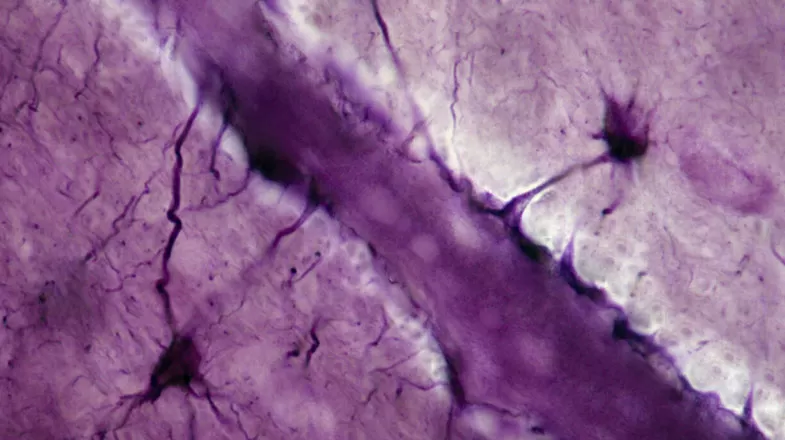
Seizing upon a ‘Special Sauce’ of Drug Development to Fight Cancer in the Brain
In recent years, targeted therapies are among a revolution of new cancer treatments that have helped patients live longer than ever before. But with this success comes new challenges. Namely, many available cancer therapies can’t effectively treat cancer that has spread to the brain, as they have difficulty crossing over the blood-brain barrier— a tightly packed layer of cells that prevents toxins and other harmful substances from getting into the central nervous system, which includes the...

Science & Innovation
New Discoveries in Metastatic Breast Cancer Can’t Wait: How Independent Scientific Research is Moving Forward Patient Care
Until the 20th century, breast cancer was considered an unspeakable condition, and in general, cancer was seen as an incurable disease.1 Thanks to increases in funding, research, and patient advocacy, there is greater awareness of and care for people living with breast cancer.2 But, for people with the most advanced forms of breast cancer, there still remain significant gaps in funding, research, and care. The Current State of Metastatic Breast Cancer Research Every year, millions of people...

Purpose & Ideals
Improving Care and Support for People Living with Breast Cancer
The facts around breast cancer raise cause for attention and most importantly, action.Worldwide, breast cancer continues to be one of the most common forms of cancer overall.1 And, with the global population aging, nearly 50% more women will develop and die from breast cancer in 2020 than in 2002.2 This statistic doesn’t include men, who also battle the disease, nor does it give the real picture with respect to certain populations.The quality of, and access to care among those diagnosed with...

Living & Wellbeing
Fight Fear with Facts: Three Tips That May Help You Continue Your Lung Cancer Treatment During the COVID-19 Pandemic
Fight fear with facts and learn more about ways that may help you safely continue your treatment plans and attend regularly scheduled doctors’ visits. We’ve addressed some of the biggest stressors facing lung cancer patients during this unprecedented time.Working with Your Doctor to Continue TreatmentA lot is uncertain right now, but your treatment plan does not have to be. While it can be scary to leave the safety of your home, it is crucial that decisions regarding your treatment plan are made...
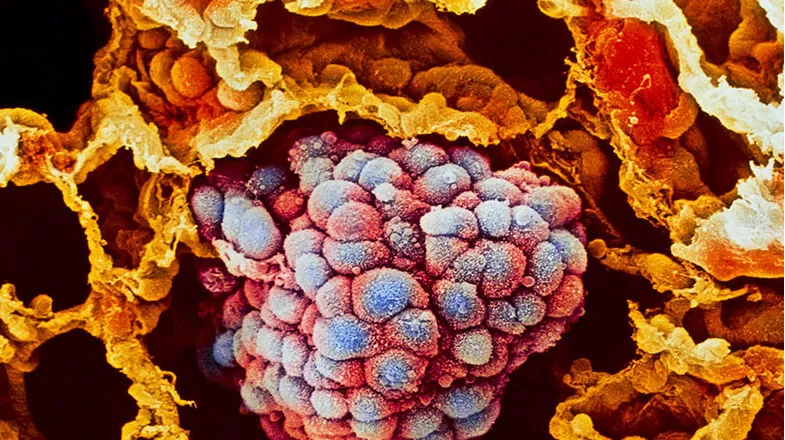
Solving the Matchmaking Problem in Precision Medicine Cancer Studies
With the rise of precision medicine, scientists are hopeful that more cancer patients can receive treatments tailored to their specific tumor mutations. But with these advances, a matchmaking problem has also emerged: It can be very challenging to recruit enough patients with specific tumor mutations to participate in clinical trials.However, a pioneering clinical trial model is helping more patients with advanced-stage non-small-cell lung cancer participate in studies that match their tumor...

Science & Innovation
Behind the Breakthroughs: The Scientists Behind Pfizer’s Cancer Research
Have you ever wondered what makes a cancer researcher tick, or how the pursuit of life-changing treatments became their life’s work? How about what keeps them up at night, and what goes through their mind when an experiment fails? And what about the things that inspire and motivate them every day in the lab? Click on the videos below to find out, and to get to know the talented scientists at Pfizer who are working to deliver the next wave of cancer breakthroughs. Meet Our Scientists
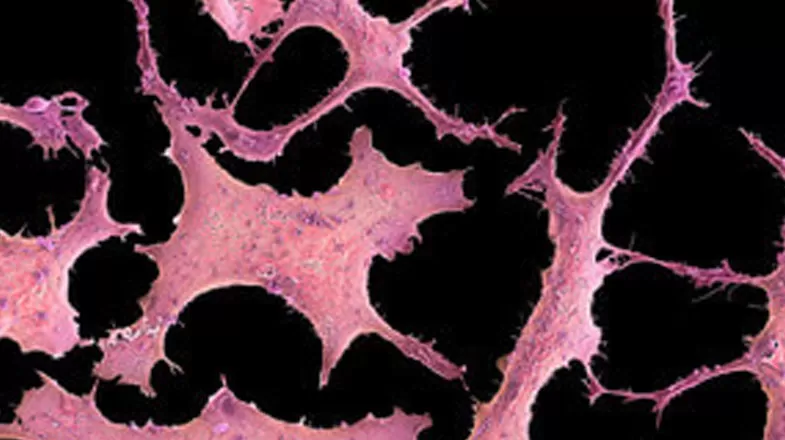
Living & Wellbeing
Using ‘Omics to Understand the Rise in Breast Cancers Among Young Asians
By Get Science Staff - This article originally published on Get Science Asian women, compared to their counterparts in western countries, are diagnosed with breast cancer at earlier ages and face a worse prognosis. In an effort to better understand this patient population, scientists from Pfizer and Samsung Medical Center (SMC) in Seoul, Korea, have embarked on a multi-phase project to do multi-omic profiling of the tumors of some 187 younger Korean breast cancer patients. Multi-omics refers...

Science & Innovation
Attacking Cancer Cells That Develop Resistance
By Get Science Staff - This article originally published on Get Science When cancer patients receive therapy for an extended time, they often face the specter of drug resistance as tumor cells mutate and find ways to evade the cancer-killing medicines. Exploring new ways to disarm rogue cells that have developed resistance is a major field of modern cancer research. One way to address the issue of resistance is to attack cancer through the fundamental processes that drive their core mission —...
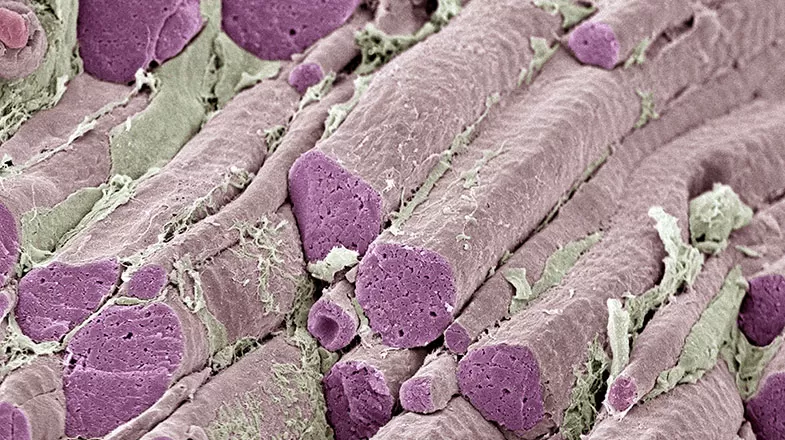
Cachexia Insights: Helping Improve Quality of Life in Chronically Ill Patients
It’s an experience familiar to almost anyone with a family member or friend who has fought a terminal illness, such as cancer or heart failure. In the final stages of life, it can seem as though their loved one is wasting away. This dramatic loss of muscle and fat is caused by cachexia, a wasting disorder that afflicts patients in the late stage of nearly every chronic illness. It’s the immediate cause of death in nearly 20 to 40 percent of cancer patients. “So many people can relate to someone...
Media Resources & Contact Information
Anyone may view our press releases, press statements, and press kits. However, to ensure that customers, investors, and others receive the appropriate attention, Pfizer Media Contacts may only respond to calls and emails from professional journalists.
